Embrace your Artificial Self Contributed by: Georgia Ellis “I want to discover my Leadership style” said one participant at the kick off masterclass of the 22 week emerging leader program - The Future Ready Leaders Toolkit. What she said was in response to my question “What are your intentions for the program and why are you here?” The other participants began to nod in agreement. They too wanted to find their "true selves". Sure this sounds like a great goal… (and one that I hear a lot in the work I do) "Find out who I am as a leader" (or as a human)… "Uncover my authentic style"…. But... is it really a worthy goal? In the pursuit of leadership or personal excellence, we often encounter the notion of authenticity as a guiding principle. We're urged to be true to ourselves, to lead and live with integrity, and to remain genuine in our interactions. However, a deeper exploration into the philosophy of human nature challenges this rather simplistic view. In Michael Puett and Christine Gross-Loh's book, "The Path", they delve into the writings of various Chinese philosophers including Xunzi, who distinguishes between human nature and artifice. Xunzi asserts that human nature, while innate, is not inherently virtuous. Instead, it's the product of conditioning and societal influences. He argues that true human nature is revealed when our innate inclinations are refined and shaped through conscious effort – what he terms as "artifice." Xunzi's perspective resonates with the timeless wisdom of James Allen's "As a Man Thinketh." Allen emphasizes the power of thought in shaping one's character and destiny. He suggests that the noble and god-like character we aspire to isn't a product of chance but the result of deliberate cultivation through right thinking and sustained effort. At first glance, these philosophies may seem contradictory to the modern notion of authenticity in leadership and finding our true self. After all, aren't we encouraged to be genuine and true to ourselves? However, upon deeper reflection, it becomes apparent that authenticity, as commonly understood, is a myth. The idea that we can simply be ourselves without any external influence or intentional effort overlooks the complexity of human nature. Xunzi ‘s and James Allen’s ideas shaped my response to the participants who wanted to ‘discover’ their leadership style… I challenged them to think a little differently, instead of discovering who they had become because of external forces, I invited the to ‘create’ who they wanted to be as a leader, empowering them to let go of any limiting beliefs or ideas that may have been handed to them from society, and to self author their leadership journey. As leaders (and humans), we're constantly navigating various roles, responsibilities, and expectations. We interact with diverse stakeholders, adapt to changing circumstances, and strive to inspire and motivate others. In this dynamic environment, being true to a static, unchanging self is neither practical nor desirable. Instead, we must embrace the concept of artifice – the conscious effort to cultivate our character, refine our skills, adapt and shape our leadership style. This doesn't mean being inauthentic or pretending to be someone we're not. Rather, it's about recognising that our authentic self is not fixed but fluid, shaped by our choices, experiences, and deliberate actions. Just as an artist crafts a masterpiece through skillful manipulation of materials, we must also create ourselves through intentional practice and refinement. The process of self-creation requires humility, self-awareness, and a willingness to challenge our assumptions and beliefs and become aware of our biases. In essence, authenticity isn't found in staying true to some unchanging essence of self, but rather in the sincerity and integrity with which we engage in the ongoing journey of self-discovery and growth. It's about aligning our actions with our values, inspiring trust through consistent behaviour, and fostering genuine connections with others. So, as you bust the authenticity myth, you liberate yourself from the constraints of the what was and embrace the transformative power of artifice with “what if” and “who could I be”. I invite you to cultivate the best version of yourself through self reflection, choosing who you want to be, conscious and persistent effort, continuous learning, and a commitment to being the best version of you so, you not only fulfill your potential but also inspire others to do the same. Opportunities for to Self Discovery and Continuous Learning
"Step toward a better you. Step into self-investment." This mantra was the stepping stone that transformed my life from the ordinary to the extraordinary. Contributed by Layla Wyatt, inspired by the Blue Chip Minds Journey. What is Self Investment?The Australian Government Department of Education, Skills and Employment defined self-investment as a commitment to learning and development to enhance one's skills and capability, fostering personal and professional growth. Let's plunge into a saga of self-investment and transformation in the essence of a story.
“We believe that self-investment is a game changer. It's the key to unlocking your potential and transforming your future. It's not just about financial growth, but personal growth and fulfilling your dreams," says Shane Perry, entrepreneur and small business loan provider at Max Funding. I still vividly recall those days, looking at my life cycle spinning around like a hamster wheel - work, eat, and sleep. My day-to-day routine was secure, stable and unchanging; even an inkling of uncertainty was conspicuously absent. But living this structured life casts a shroud over the potential spark within me. I was comfortable, yet unsatisfied. I yearned for a challenge, a catalyst that would stimulate my growth, personally and professionally. Throughout this time, I found solace in an incredibly profound quote: "The only person you should try to be better than is the person you were yesterday." These words hit me like a gust of fresh wind, pushing me towards the edge of my comfort zone. They became the beacon guiding me on the path of transformation - self-investment. Unlike popular opinion, this path did not involve a monetary commitment. Still, it required a more personal commitment of persistent effort, undivided focus, and endless patience towards personal growth and self-improvement. Fast forward to today, I've developed this same transformative opportunity through programs like 'Life Reloaded', 'Superior Thinker’s Toolbox', and 'Future Ready Leaders Toolkit' at my initiative, Blue Chip Minds. These programs are carefully designed to help individuals and teams build mental complexity – just as it helped me. Self-investment doesn't require an extravagant leap. Embark slowly and consistently—like a drop causing ripples in a calm water body, as does your continuous self-investment effort. The more you invest, the wider the growth and impact. People often associate investments with instant gains. However, self-investment is a marathon, not a sprint—transformations don't happen overnight. They require patience, resilience, and the will to step out of your comfort zone, explore, and be curious about your capabilities. Does it feel uneasy? It should, and that's perfectly okay. Any form of investment involves risks and uncertainties. However, remember, it's always possible to learn, change, and grow. The fruits of these efforts enrich and equip you with skills that propel you in your profession and unfold a better version of you. What if you fall along the way? Ah! But what if you fly? The very essence of self-investment lies in challenging your doubts and fears. Invest in nurturing your mindset, honing your skills, fuelling your creativity, and cherishing your well-being. At Blue Chip Minds, we believe, and help you believe, in your potential to be exceptional—through our programs, workshops, and self-development modules. We guide you along the path so you can one day reminisce and share your story of transformation with the world. So, how about you start today? Unleash your potential, invest in yourself, and watch the magic unfold. Contact us for more information. And remember that the biggest investment you can make is in yourself. Photo by Thought Catalog on Unsplash Contributed by Layla Wyatt The Australia and New Zealand School of Government suggests that mental complexity might be the key to unlocking better performance at work and a better quality of life. The more you understand your motivations, goals, thoughts, and emotions, the better equipped you will be to achieve your ambitions. "No one knows for sure, but many believe that having high mental complexity can confer several advantages in both work and life. This is because mentally complex individuals tend to be strategic thinkers, able to multitask and process multiple streams of information, which is a big asset to the workforce, especially in business industries," says business funding expert Shane Perry of Fund Spot—Australia's top provider of business funding solutions One facet of mental complexity is how individuals relate to the outside world and themselves. It depends on whether they can differentiate between the thoughts and feelings that they have and the thoughts and feelings that "have me." Developing mental complexity skills can benefit your personal and professional life. Here are some ways in which mental complexity can help you 1. Improved Decision Making Mental complexity can enhance your ability to consider multiple perspectives, anticipate potential outcomes and evaluate alternatives. This can lead to improved decision-making by enabling you to make more informed and effective choices. 2. Improved Ability To Work Through Difficult Situations Having a higher level of mental complexity can enhance your ability to work through difficult situations by enabling you to consider a broader range of perspectives, analyse complex information more effectively, and devise creative solutions to problems. This can lead to greater adaptability, resilience, and success in personal and professional settings. 3. An Increase In Clear And Effective Communication
4. Enhanced Capability Of Adapting To Changing Circumstances Mental complexity can enhance your capability to adapt to changing circumstances by enabling you to consider multiple perspectives and solutions. A more complex understanding of the world may better equip you to navigate unexpected challenges and identify opportunities for growth and learning. 5. Improvements To The Working Experience A greater mental complexity can lead to an enhanced working experience. This complexity allows individuals to think more critically and creatively, leading to better problem-solving skills and the ability to approach tasks from various angles. Start Developing Your Mental Complexity Developing mental complexity is not an overnight process but a critical component of personal growth and development. To start, expose yourself to different ideas and perspectives, seek diverse experiences, and challenge your assumptions and beliefs. It is also advisable to seek some help and guidance from professionals.
Blue Chip Minds established existing programs such as The Superior Thinkers Toolbox, Life Reloaded and The Future Ready Leader's Toolkit to inform people about what science is learning about the human condition and our untapped potential. We demonstrate to participants how to connect various maps, models and tools and use the concepts professionally and personally. Our method results in genuine transformation, increased mental complexity, long-lasting behavioural modification, and attitude adjustments. Contact us for more information. |
Authors
Our Contributors are a mix of passionate and switched on Humans ready to share their, career, business, well-being, leadership and performance insights with you so you can be the architect of your own extraordinary future! Archives
May 2024
Categories
All
|
Global professional development solutions for individuals and organisations.
Working with Individuals and organisations in;
Australia | Singapore | Hong Kong | United States | India | United Kingdom | Dubai | China | Poland
Malaysia | New Zealand | Japan | Belgium | Austria | South Africa | Brazil | Canada
Working with Individuals and organisations in;
Australia | Singapore | Hong Kong | United States | India | United Kingdom | Dubai | China | Poland
Malaysia | New Zealand | Japan | Belgium | Austria | South Africa | Brazil | Canada
|
We acknowledge the Traditional Custodians of the land on which we live, work, meet and play. This most often is the Wurundjeri people. We pay our respects to Elders past, present and emerging of the Kulin Nation. We extend gratitude and respect to Aboriginal and Torres Strait Islander peoples and global indigenous cultures for their incredible wisdom, resilience, deep connection to the natural environment and their deeply transformative spiritual practices.
We have so much more to learn from you. |
Copyright © All Rights Reserved BLUE CHIP MINDS 2013 - 2021

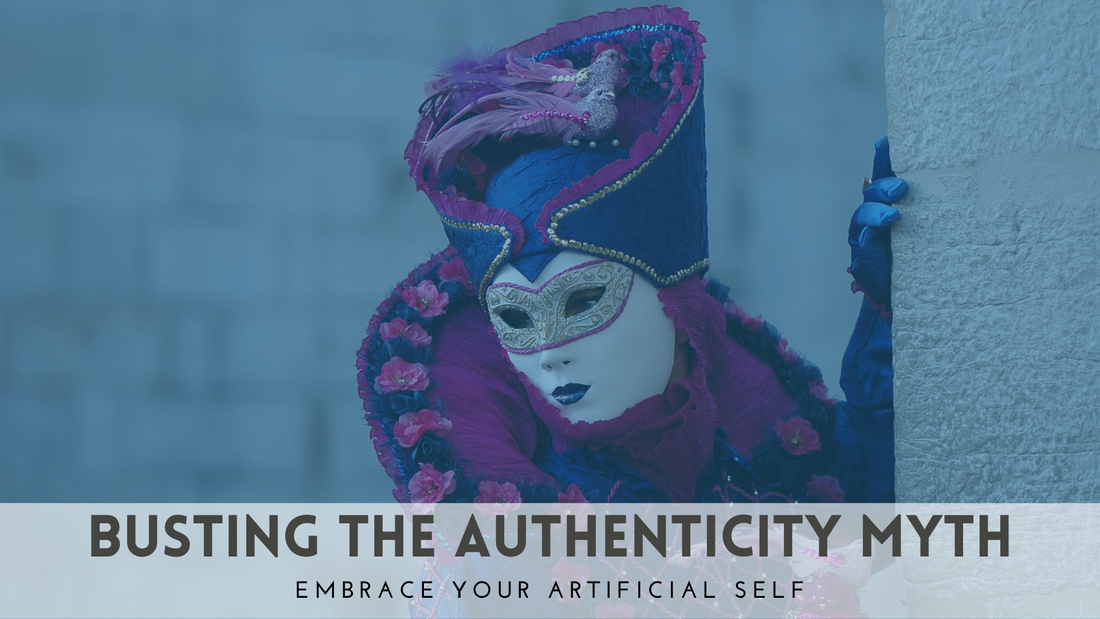
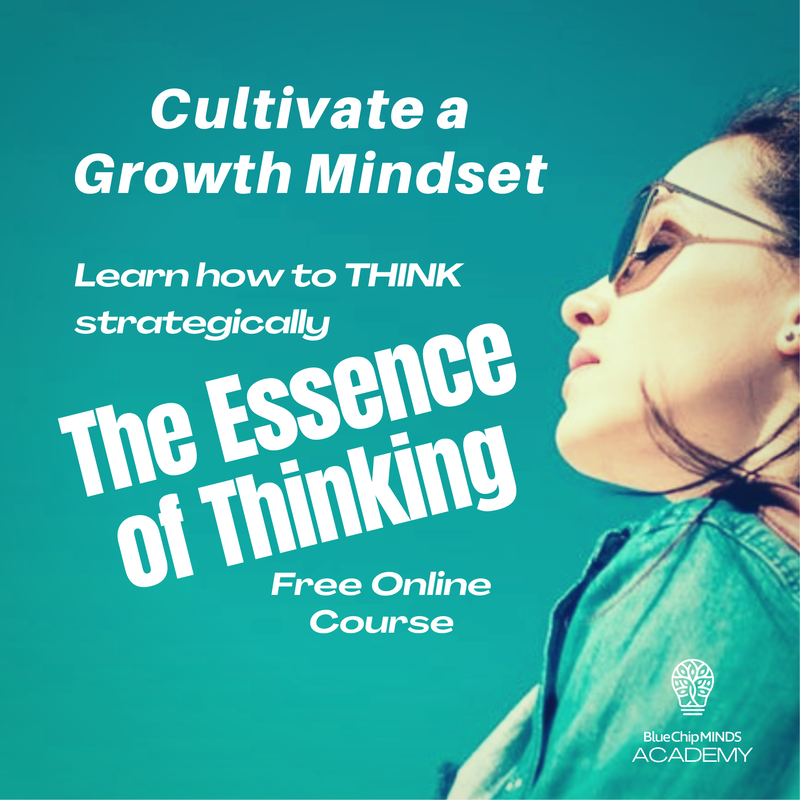
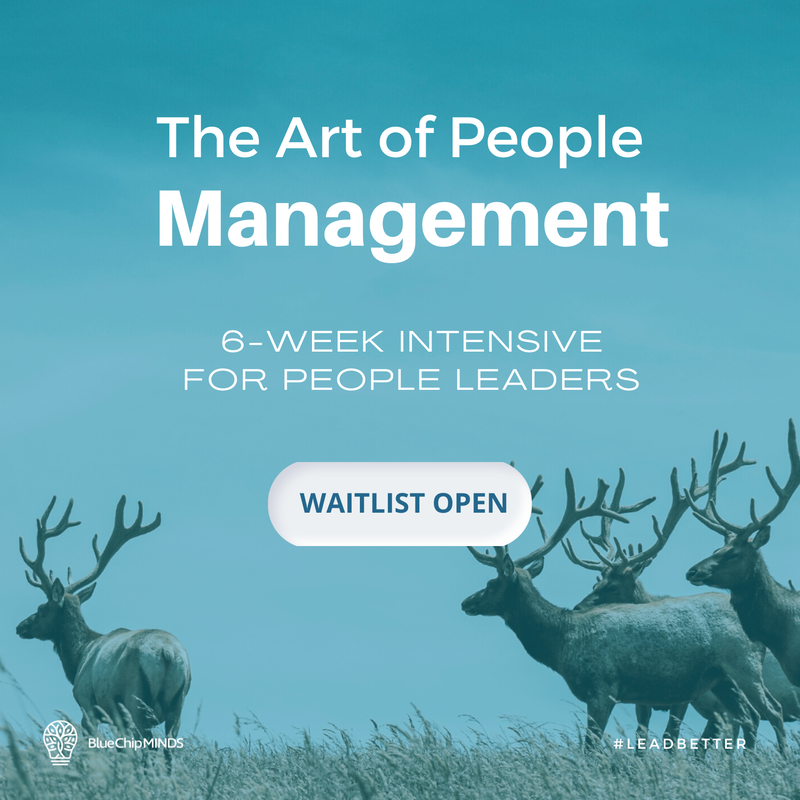

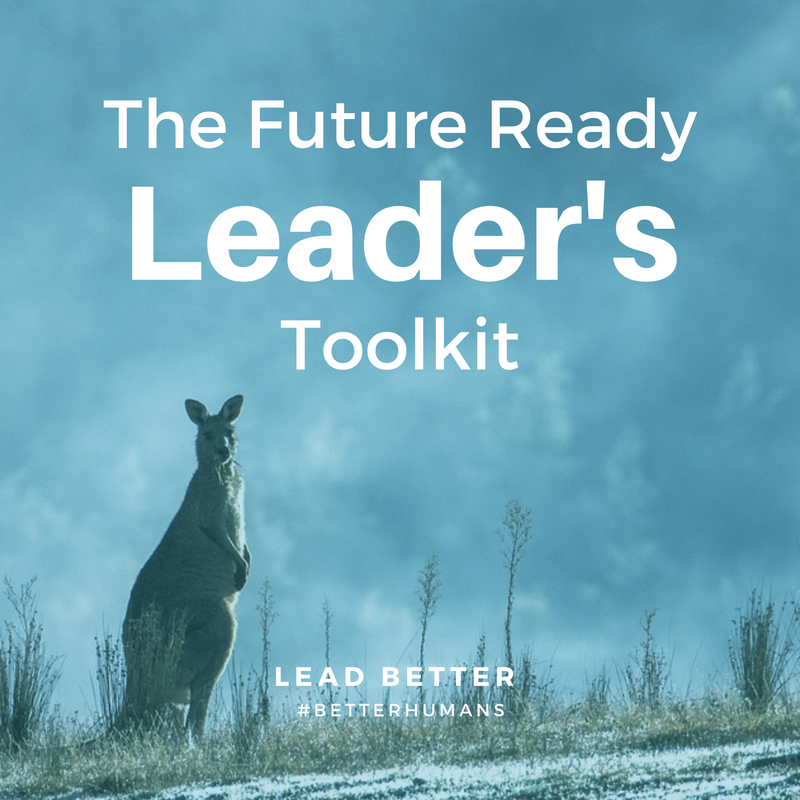
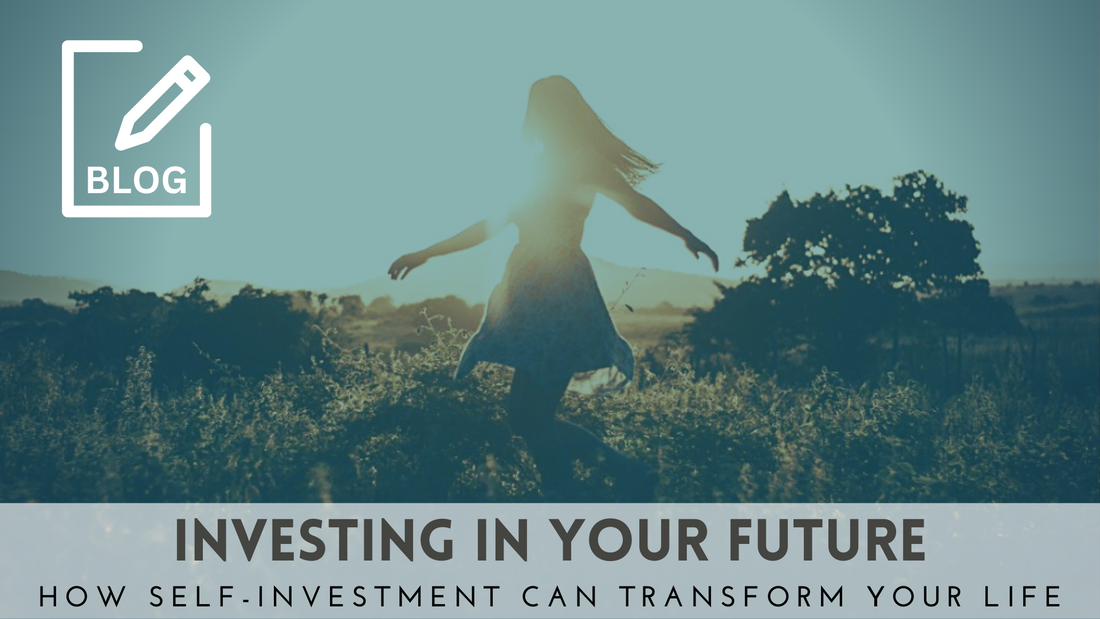
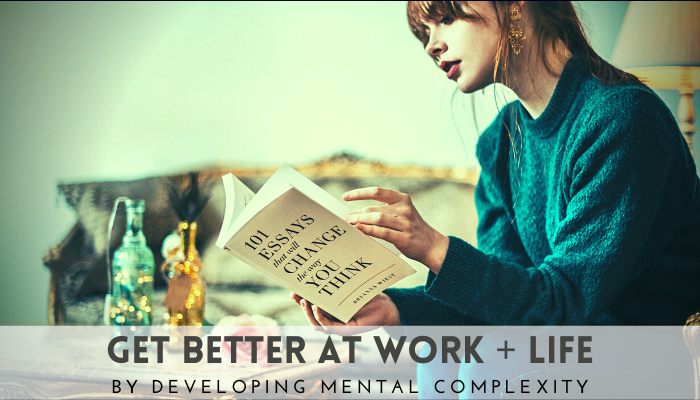

 RSS Feed
RSS Feed
